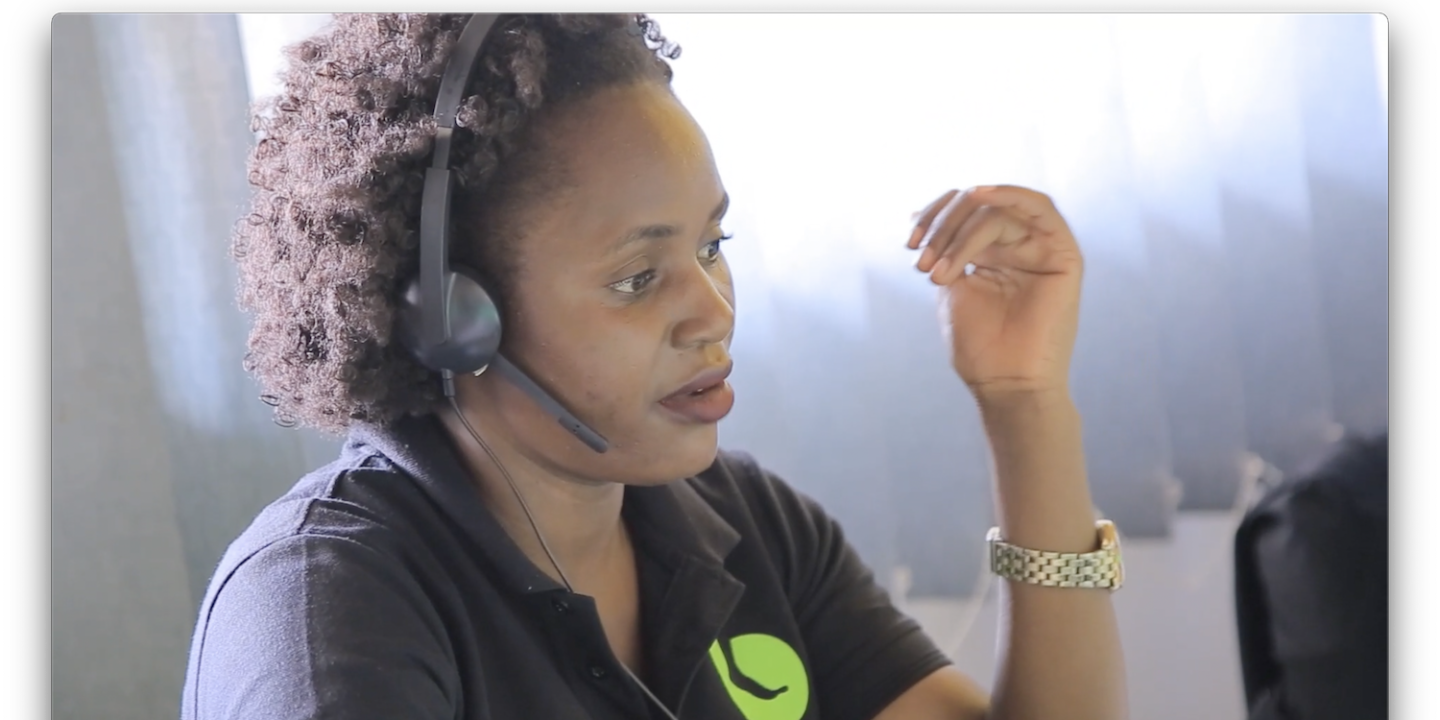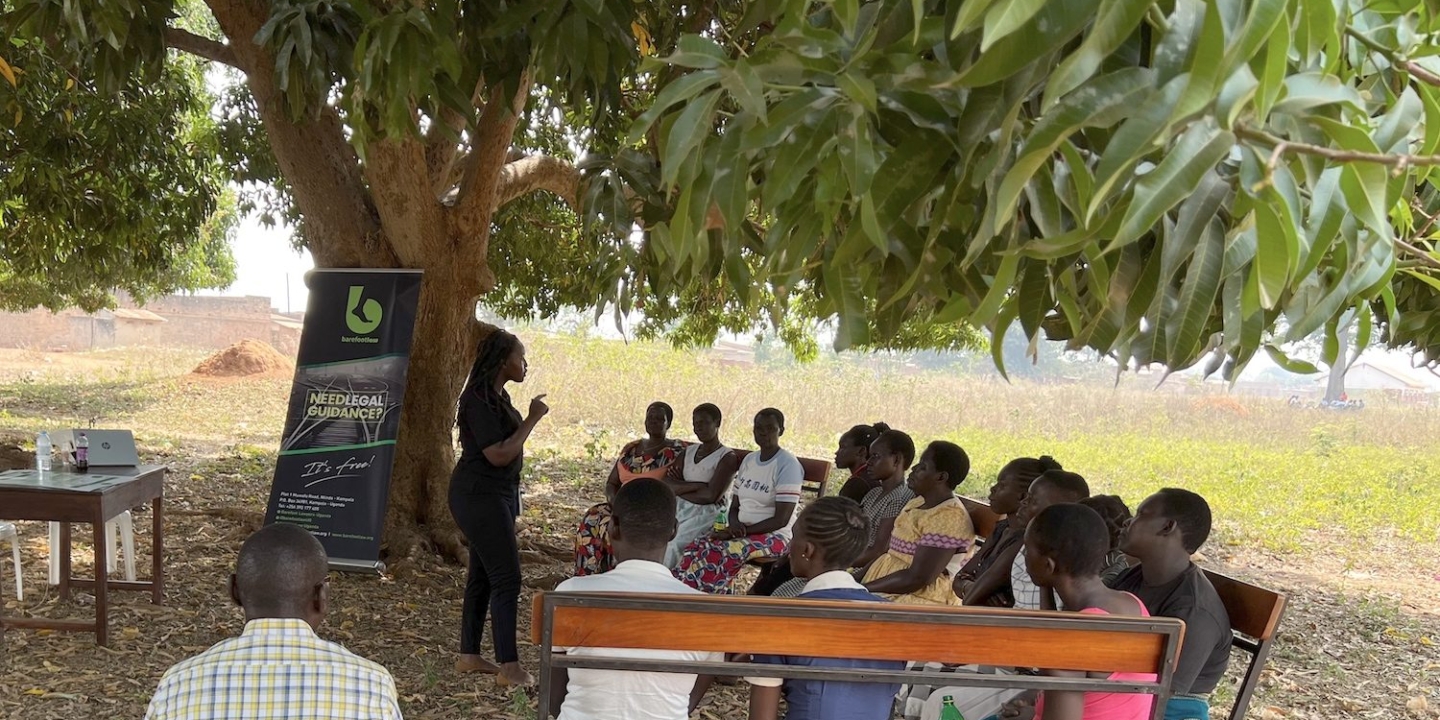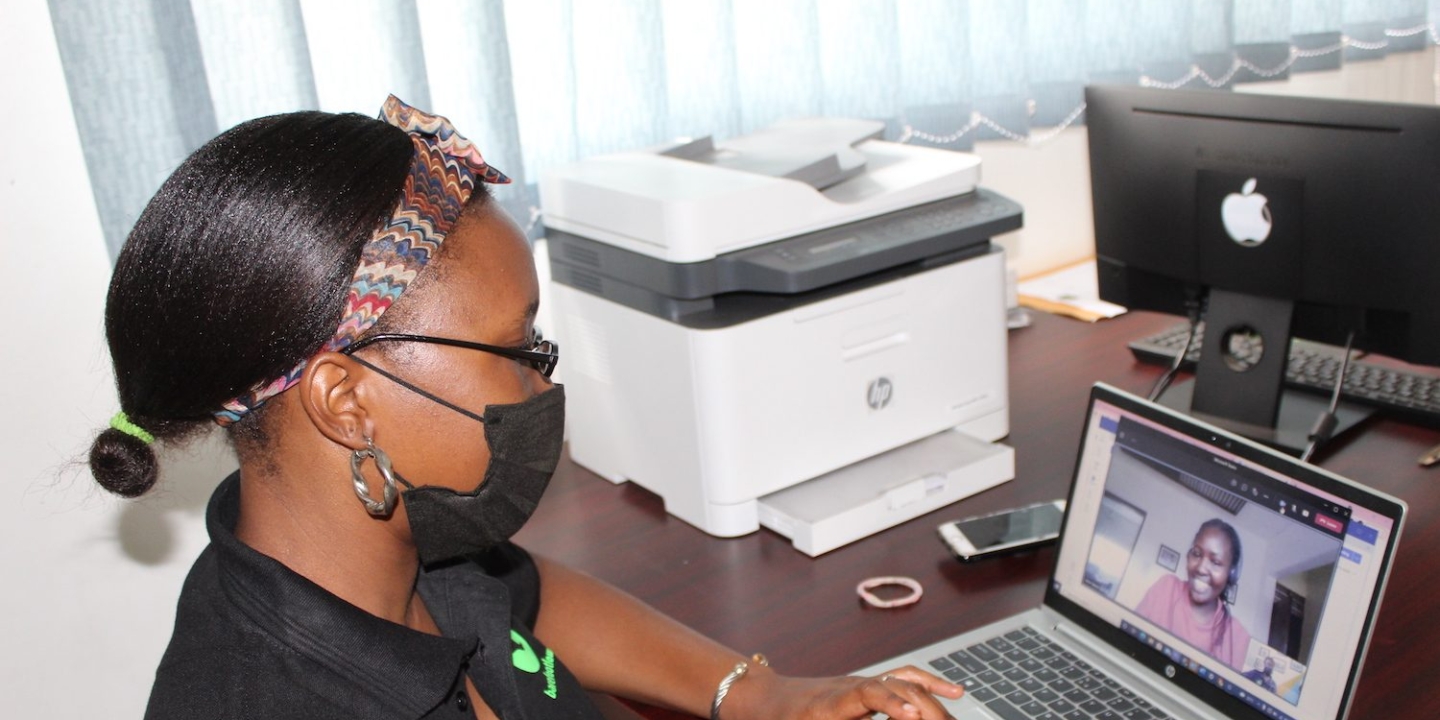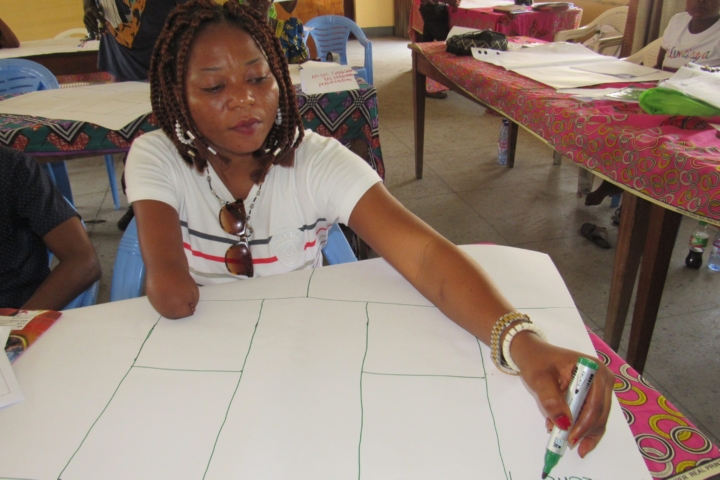BarefootLaw: Making Access to Justice readily available for everyone
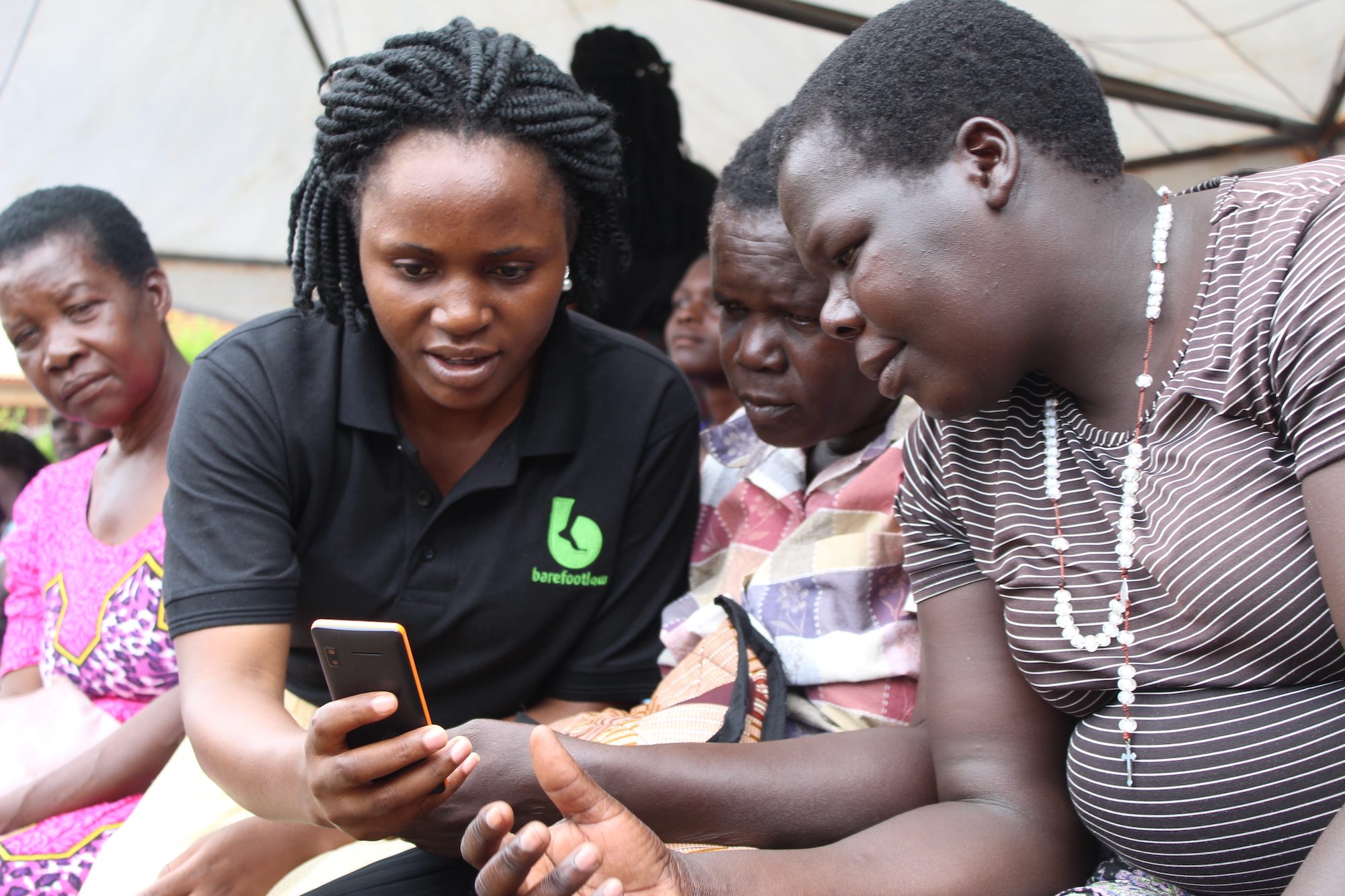
/ Florence Lalam, widow from Arut village
-
TYPE OF GRANT:
Scaling -
FUNDING PERIOD:
2022-2024 -
GEOGRAPHIC FOCUS:
Uganda
Problem
5.1 bn people lack meaningful access to justice. The justice gap is linked to structural inequalities and especially the (rural) poor, women, children, and minorities are affected. Everyday justice problems cost more than 2 percent of GDP in the majority of low-income countries for which data exists. In Uganda, only 1% of the population has access to lawyers. The concrete problems that stem from limited access to justice are relatively widespread and include land issues, family matters, domestic violence, property, and employment. Many justice matters arise from ignorance and lack of knowledge. The next levels are limited access to justice pathways, insufficient strength of the justice systems and costs of seeking justice
Solution
BarefootLaw's mission is to make legal services available to those farthest from available services. BarefootLaw (BFL) works with a tech-enabled layered approach, starting with the dissemination of legal information & support via SMS, social media, radio, and toll-free dial-in numbers and provide detailed (but easy to understand) information and legal resources on specific topics (e.g. contracts, employment, inheritance). An AI-based system is supporting BarefootLaw’s lawyers in resolving cases of those who request support. The focus is on the informal justice system, for instance by training community leaders, so that they can connect their communities to BFL services. Although, BarefootLaw has a tech-focus, it is a blended approach in which some services are offered in person as not everyone has access to technology. In addition, BarefootLaw is working with an advocacy strategy that relies on evidence-based research to highlight priority legal justice needs.
BarefootLaw’s work is based on strong organisational processes in which the team constantly collects and analyses data, identifies key learnings and beneficiaries demands, and uses these to inform and improve the services offered.
In line with BFL’s general approach, its impact measurement is data-driven with “Access to Justice” as the core metric that is operationalized via 5 main components: (1) self-efficacy, (2) self-resolution, (3) access to experts, (4) resolution with experts and (5) dispute frequency. In addition, BFL measures increase in knowledge of rights and duties, and use of the law to protect access to livelihood, property, safety, and opportunity.
Our grant to BarefootLaw is administered via KBFUS.
-
5.1 bnpeople lack meaningful access to justice
-
849kusers have accessed BFL’s legal information
-
23,000legal cases resolved by BFL
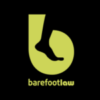
About the organization
BarefootLaw is a Ugandan nonprofit organisation which through the innovative use of digital technology like Artificial Intelligence, empowers people with free legal information so that they can use it to develop legal solutions for their justice needs. It was set up in 2013 by Gerald Abila. BFL envision a world where access to legal support is freely and readily available to everyone that needs it. Their goal is to reach 50 million people in Africa by 2030.
